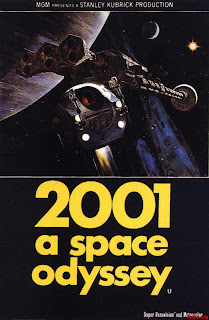
Introduction and tips (Writing essays)
- ANSWER THE QUESTION
- PLAN your essay
- REVISE your essay to correct mistakes.
- 4 or 5 PARAGRAPHS, with Introduction and Conclusion
- The first paragraph should be a general introduction to the subject
- Develop your arguments in the middle paragraphs
- Give reasons to support your argument
- Use a variety of discussive words and phrases
- Give examples where possible
- Use formal language
- Don't use contractions (we're, I've etc.)
- Sum up your argument in the final paragraph
- The final paragraph is the best place to express your opinion clearly.
Useful Phrases (Writing articles)
Presenting two advantages or disadvantages together:
- not only … but … also
- not only … but also
Presenting two opposing views:
- on the one hand, on the other hand
Expressing Contrast:
- nevertheless
- even so
- even though
- however
- in spite of
- despite
- but
- although
Expressing results:
- because of this
- therefore
- thus
- as a result
- for this reason
- consequently
Giving examples:
- such as
- like
- for example
- for instance
Expressing the opinion of someone else:
- some people say
- some people say that
- many people say
- many people say that
- people often say
- it is said
- it is said that
- according to
http://www.flo-joe.co.uk/fce/students/writing/makeover/makeover9.htm
http://www.buowl.boun.edu.tr/teachers/sample%20student%20essays/sample%20student%20essays.htm

